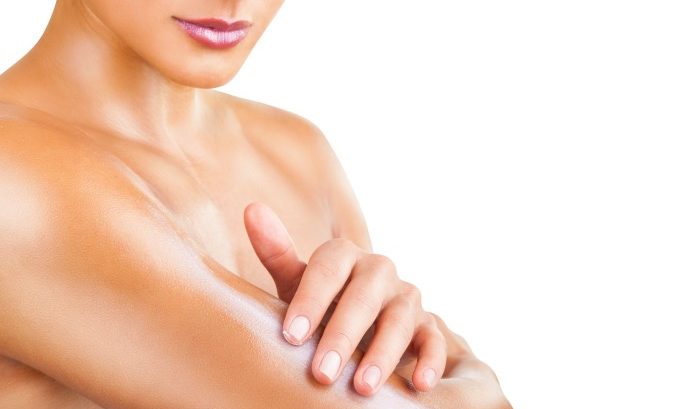Psoriasis Waldorf
Psoriasis is a skin condition that creates red patches of skin with white, flaky scales.
It most commonly occurs on the elbows, knees and trunk, but can appear anywhere on the body.
The first episode usually strikes between the ages of 15 and 35.
It is a chronic condition that will then cycle through flare-ups and remissions throughout the rest of the patient’s life.
Psoriasis affects as many as 7.5 million people in the United States. About 20,000 children under age 10 have been diagnosed with psoriasis.
Psoriasis Skin Care Tips
The following skin care tips for someone with psoriasis may help to reduce the number and severity of psoriasis flares.
1) Take your psoriasis medications, if prescribed
You and your doctor have developed a treatment plan that may involve the use of one or more psoriasis medications. The most important step for getting your psoriasis under control is to take your medication as prescribed. Put simply, the medications don’t work if you don’t take them. Speak to your doctor if you have questions or concerns about your medication.
2) Learn your psoriasis triggers and avoid them
There are a variety of factors that are known to trigger for psoriasis. Common triggers include sunburn, infections (viruses or strep infections), certain medications, skin trauma, emotional stress, or particularly hot or cold weather. Remember that a psoriasis flare may not occur for 10-14 days following a particular trigger. It may not be possible to avoid these triggers in all circumstances, but knowing what triggers your psoriasis allows you to make informed decisions.
3) Track your psoriasis flares
Keep a record of when a psoriasis flare occurs, what might have triggered the flare, its severity and duration. This information provides useful information when considering psoriasis treatment options.
4) Apply moisturizers
Regular use of a moisturizer helps to prevent dryness and cracking and prevent the pain and itch of dry skin. Moisturizers are most effective when applied immediately after bathing. Some find it helpful to apply a lotion during the day and a thicker cream or ointment (Vaseline) at night.
5) Avoid scratching
Psoriasis itches. Unfortunately, the scratching can disrupt the skin and allow bacteria to cause an infection. To alleviate the itch, consider the following:
- Apply a cold compress.
- Apply a menthol-based ointment or topical corticosteroid.
- Soak in a warm oatmeal bath.
- Bathe in lukewarm water. Take short shower with lukewarm water and use mild, fragrance-free cleansers.
- Gently pat your skin dry after bathing
6) Avoid Sun Exposure. Apply sunscreen regularly
It is true that sunlight can help treat psoriasis, but many psoriasis treatments make the skin especially sensitive to the sun’s damaging UV rays, such as oral retinoids (Soriatane) or topical retinoids, cyclosporine and psoralens used for PUVA therapy. People using retinoids should apply sunscreen 15 to 20 minutes before going outdoors and wear protective clothing.
7) Do not pick at psoriasis lesions
8) Wear cotton clothing next to your skin.
9) Quit smoking. Smoking may trigger psoriasis. Pustular psoriasis can be aggravated by smoking and, in some cases, stopping smoking can lead to a clearance of the psoriasis lesions. The likelihood of developing severe psoriasis may also be increased by smoking. (Many smokers attempt to use a nicotine patch when trying to quite, but the nicotine patch may also lead to psoriasis flares.)
10) Limit alcohol consumption. Excessive alcohol consumption may trigger psoriasis. Those with psoriasis should drink in moderation, if at all. Some psoriasis medications, such as methotrexate, require that there be no consumption of alcohol due to the possibility of severe side effects that can develop.
11) Reduce stress. Many people with psoriasis say they experience flare-ups during stressful times. It’s difficult to reduce stress, but stress-reducing measures, such as exercise or meditation, may result in fewer, or less severe psoriasis flares. Joining as psoriasis support group may offer an opportunity of sharing ideas with other people with psoriasis.

